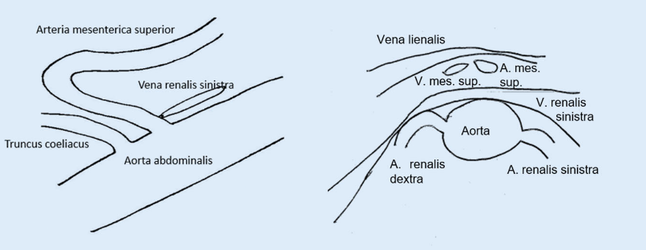I can’t speak definitively only subjectively as someone who has been in treatment for OCD for seven years now, so take this with a large grain of salt. I’m not an expert!
When I wasn’t medicated or in therapy, the compulsions I performed felt like I was in control of the situation. If I did them correctly, my family wouldn’t die. But once I was medicated, and did exposure therapy and started to master CBT, I realised it was just an illusion. I wasn’t in control at all, and it wasn’t really control I was seeking in performing my compulsions. I wasn’t able to sit with difficult feelings. That’s what good therapy treats in OCD - being able to sit with that uncomfortable feeling (my family is going to die, I am going to get sick, something bad will happen) and accept it.
I always think of OCPD as what people really mean when they say “I’m so OCD about X”. They just like things a certain way. It’s definitely about control, but it isn’t a disorder as they can live a normal life. People might just find them annoying!
Anyway, that’s just my personal experience of the issue. I’m no expert and I’m sure there are others with personal experiences of the disease who feel completely different about it.
Generally I think you don't have to apologize as much for your posts, but while I appreciate your input, I would caution you to express your power levels differently.
What sets us apart from reddit, is that we try to not center our personal experiences. It's fine to talk about people you have met, but try to not talk about your own diagnosis. You could express the same thing without talking about yourself. I don't want to contest your experience, but I personally like that this is not encouraged here. Otherwise it just builds a safe haven for munchies to express how they are "not like the other munchies". As you've must have witnessed, there where several munchies in this thread that weren't scolded or exposed, as long as they didn't talk about their munchiness here.
(Just my personal opinion. People are not as hard about this in Beauty Parlor, but I personally think it's better to not create another community where Munchies can thrive. I'm also not calling you a munchie. A lot of people power level from time to time, but since you seem to like to have pointers, I felt the need to point this out.)
From what I've heard OCD is more about intrusive thoughts, and OCPD is more about having an obsessive personality. Like you said, I guess it's more about thinking everyone else is wrong for not cleaning their bathroom for 3 hours every day. However, I think saying OCD people are ALWAYS more reasonable is also wrong. Even if it is theoretically easier for them to realize that they are kind of crazy, they can be very non compliant. Even with lots of therapy.
I have a lot of sympathy for all psychological disorders. Even including NPD. But at the end of the day, you are the only person who can help yourself. It's not just about getting help. It's also about being compliant. I think that's the step that is not expected anymore, which kind of makes a lot of therapy totally useless.
Edit: I tried to do more research about Tilly doctors and I'll try to maybe timeline some generic German munchies later, but I don't have that much time right now and it's all very repetitive and kind of sad.
Would you guys also be interested in a review of one of Tilly's butchers papers? I'm not a doctor, so I could just give you a non professional tl;dr. Should I include a translated version of the paper? If so, can someone tell me what best to use to translate it?
Possible funny teaser: I have no idea what the standards for medical papers are, but here is a funny diagram, that looks like it was made in MS paint:

